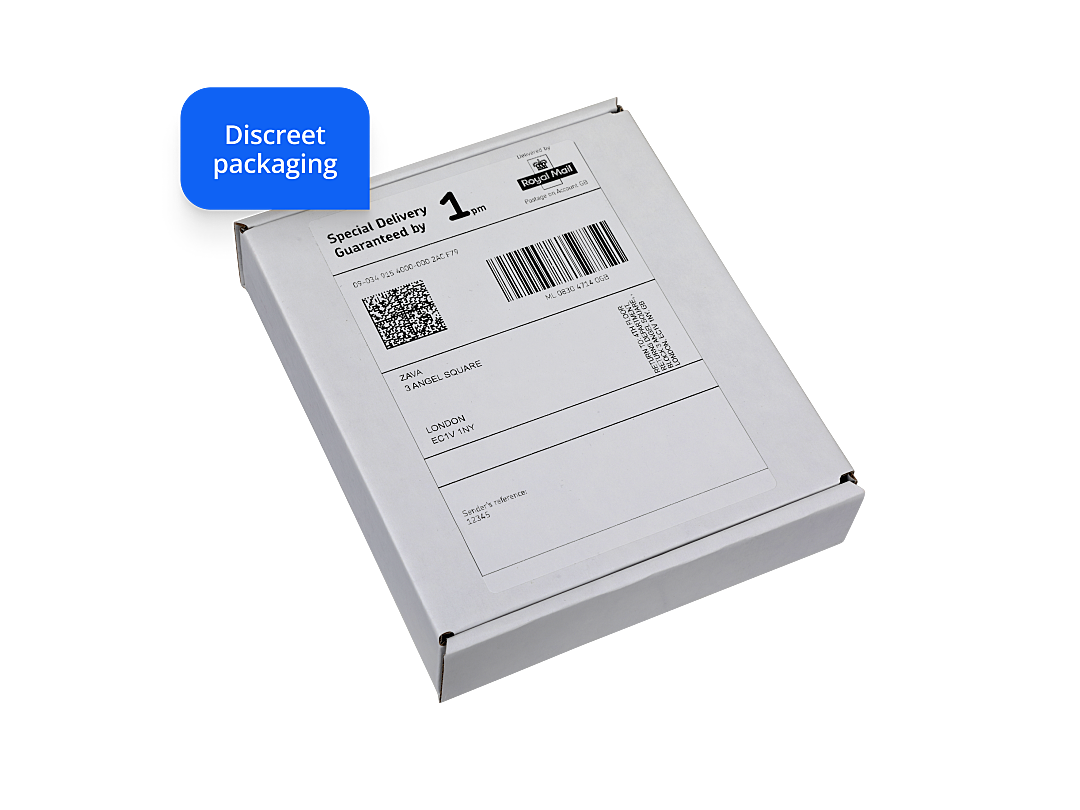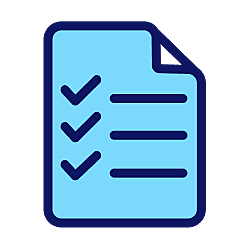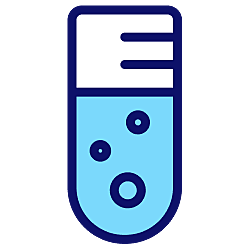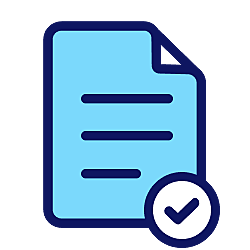





-
Our at home HIV test kit is a reliable first step in detecting HIV after you have been infected. All you need to do is a simple finger prick blood test.
Human immunodeficiency virus (HIV) is a virus that can damage your immune system. You can get HIV from being in contact with the body fluids of someone that’s been infected. This can happen during unprotected sex, much like other sexually transmitted infections (STIs).



About HIV test kits
-
-
Our test can detect both the p24 antigen and the presence of antibodies. This is called an antibody antigen test. This is the most commonly used test for HIV in the UK and is recommended by the British Association of Sexual Health and HIV (BASHH).
An antigen is a molecule, like a protein, that your immune system does not recognise. An antigen triggers an immune response for your body to fight the foreign substance. P24, or protein 24, is a protein that makes up a large portion of the HIV virus.
An antibody is a large protein your immune system produces to fight infection in response to detecting an antigen. Antibodies will find the antigen in your body and attach onto them. This will signal other immune cells to destroy the antigen.
If you test positive for an antibody test, this means you have been exposed to HIV.
-
-
You should use the HIV test at least 45 days after you think you’ve been infected with HIV.
When the virus gets inside your body, it will replicate by taking control of certain cells in your immune system. It does this by inserting its own DNA (genetic material) in your cell’s DNA. This causes your cells to produce the virus.
Before 45 days, there will not be enough of the virus in your body for the test to detect. This means you may get a false negative result.
The risk of HIV is higher in certain groups of people, including:
- people who have had multiple sexual partners
- men who have unprotected sex with men
Remember, if you think you’ve been infected you should contact your nearest sexual health clinic or A&E department immediately. This might be due to:
- having unprotected sex with someone who is HIV-positive or unsure if they have HIV
- sharing needles with others when taking drugs
- if you have been sexually assaulted
You may have to take post-exposure prophylaxis treatment (PEP) which must be started within 72 hours (3 days) of being infected. PEP treatment is taken for 28 days after you think you’ve been infected. You have to test negative for HIV before taking PEP.
PEP treatment makes it harder for the virus to stay in your body. It’s a time sensitive treatment as after 72 hours the medication will not be effective.
PEP is different to PrEP, which is pre-exposure prophylaxis. This is taken to prevent HIV if you are at a higher risk of getting infected.
-
-
Your test kit will be a finger prick test which you can do at home. You might feel nervous about this, but the process is straightforward and simple.
Each test kit contains 3 lancets. You only need one for the test but an extra 2 are provided in case you need them. Use these to prick your finger. You’ll also have some swabs, a plaster and a collection tube for the blood sample in your kit. We’ll give you all the materials needed to send your sample to the lab, including a prepaid envelope.
If you make a mistake, we can send you another test kit free of charge.
You can take the sample at any time of the day. Make sure it’s at least 45 days after you think you were infected.
Wash your hands before and after using the test with warm, soapy water. Dry them before using the test.
- wipe an alcohol swab on the finger you want to prick
- wait for the skin to dry
Try to use a finger on the hand you do not use to write.
- twist the purple stick from the lancet and remove it
- place the lancet on the middle of your fingertip and press down on the button at the end
You should see a small drop of blood on your fingertip when you squeeze it. If you do not, try again on another finger with a new lancet.
- wipe away the first drop of blood with a tissue
- open the collection tube
- put your finger downwards towards the tube and squeeze your fingertip
- allow the blood to drop into the tube and keep going until you fill the tube to the top line
If you cannot get enough blood from one finger, use another lancet on another finger.
- once the tube is filled up, apply the plaster on your fingertip
- screw the lid back on securely to the collection tube
- write your details on the label provided and stick it to the collection tube
- place the tube inside the wallet and the wallet inside the prepaid envelope
You can then post this sample at your nearest postbox.
You’ll get your results in your confidential ZAVA account around 2 to 3 days after the lab receives your sample. Our doctors will always provide you with advice alongside your results on what to do next.
-
-
If you get a positive result for HIV, our doctors will guide you on what to do next. You’ll need to do another follow up test in a clinic with a venous sample, and if this returns as positive it means you have HIV. You’ll need to seek medical care, but we’ll help you find specialist services that will test and treat you.
HIV can be managed by taking antiretroviral therapy (ART). These are a combination of medications used to slow down the progression of the virus. If you are HIV positive, this does not mean you have AIDS (acquired immunodeficiency syndrome). AIDS is the last and most serious stage of a HIV infection. By taking your medication every day and attending appointments, you can avoid getting AIDS completely. This means you can live a healthy and full life.
-
-
Our tests are 99.8% effective in finding an HIV infection if you were infected more than 45 days before the test. The antibody antigen tests that our laboratories process are fourth generation.
Fourth generation tests are more reliable and accurate when testing for HIV than older tests. They are also able to detect HIV much sooner than some older HIV tests.
If you get a positive test result, you will need to do a follow up test to confirm this. If this follow up test is positive, this will confirm that you have HIV.

Dr Babak Ashrafi Clinical Lead for Service Expansion
Accreditations: BSc, MBBS, MRCGP (2008)
Babak studied medicine at King’s College London and graduated in 2003, having also gained a bachelor’s degree in Physiology during his time there. He completed his general practice (GP) training in East London, where he worked for a number of years as a partner at a large inner-city GP practice. He completed the Royal College of GPs membership exam in 2007.
Meet our doctorsLast reviewed: 30 Mar 2022
-
About HIV, CDC [accessed February 2022]
-
Types of HIV tests, CDC [accessed February 2022]
-
HIV and AIDS, National Health Service [accessed February 2022]
-
Adult testing HIV guidelines 2020, British HIV Association [accessed February 2022]
ZAVA offers a convenient and discreet service to test for sexually transmitted infections. You will receive your test kit by post. Follow the instructions provided with the test kit and collect a sample (depending on the test kit this could be a blood, saliva, urine sample or genital swab). The test kit comes with an envelope, ready to send to our partner laboratory which will analyse your sample. Once your result has come back, you will be able to view it in your secure ZAVA account. We will never send medical or personal information via email.








